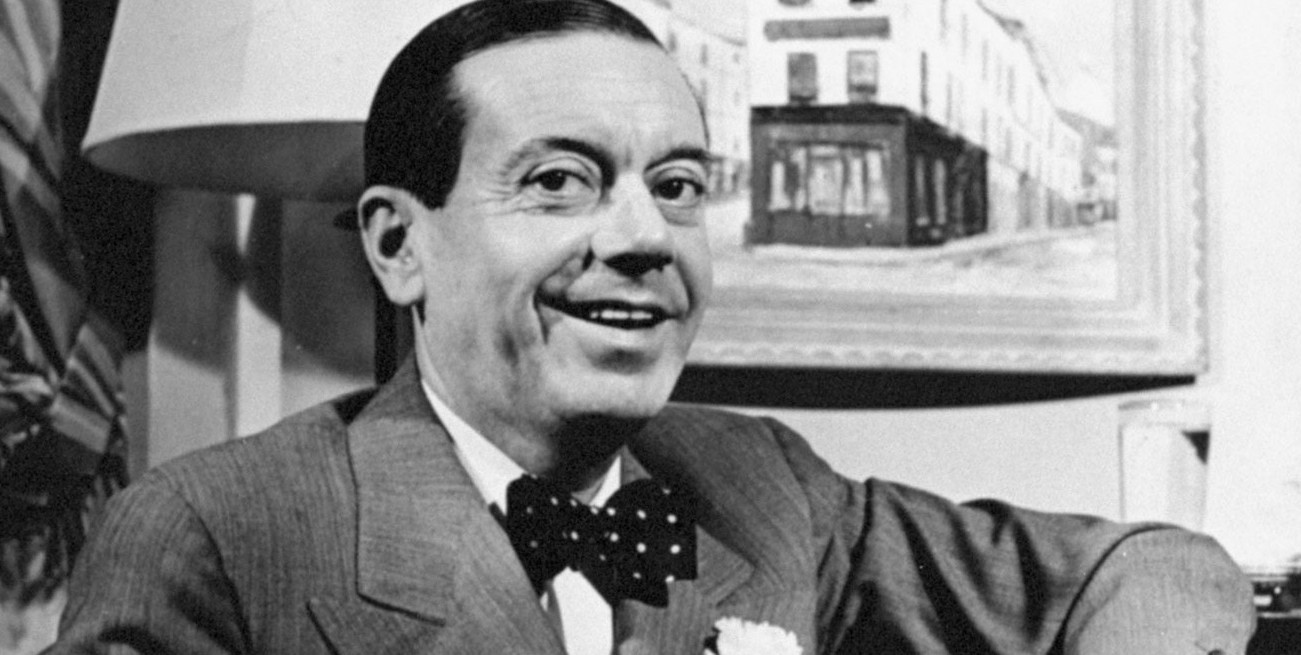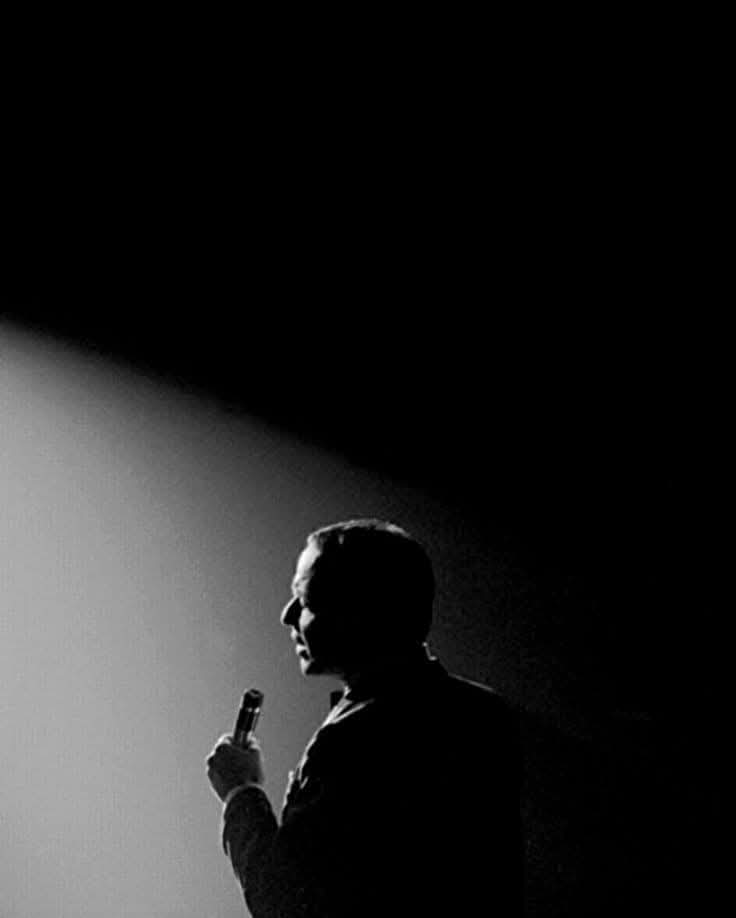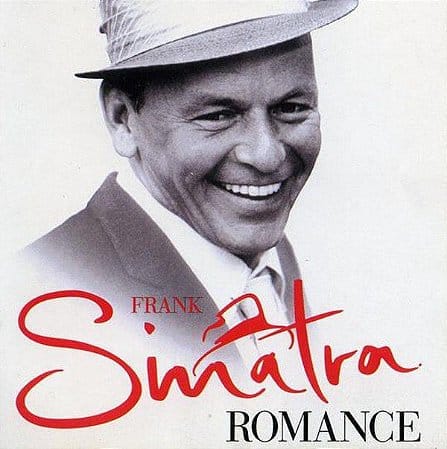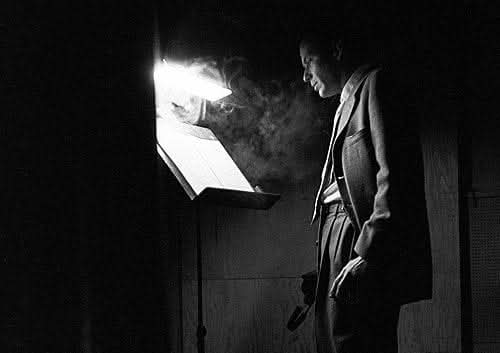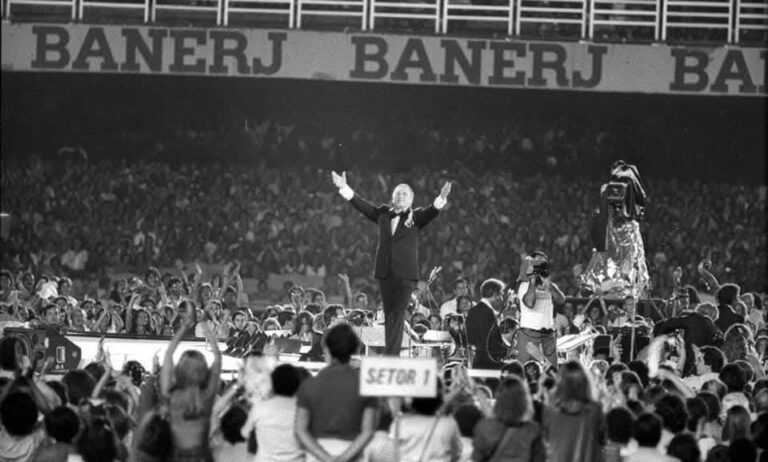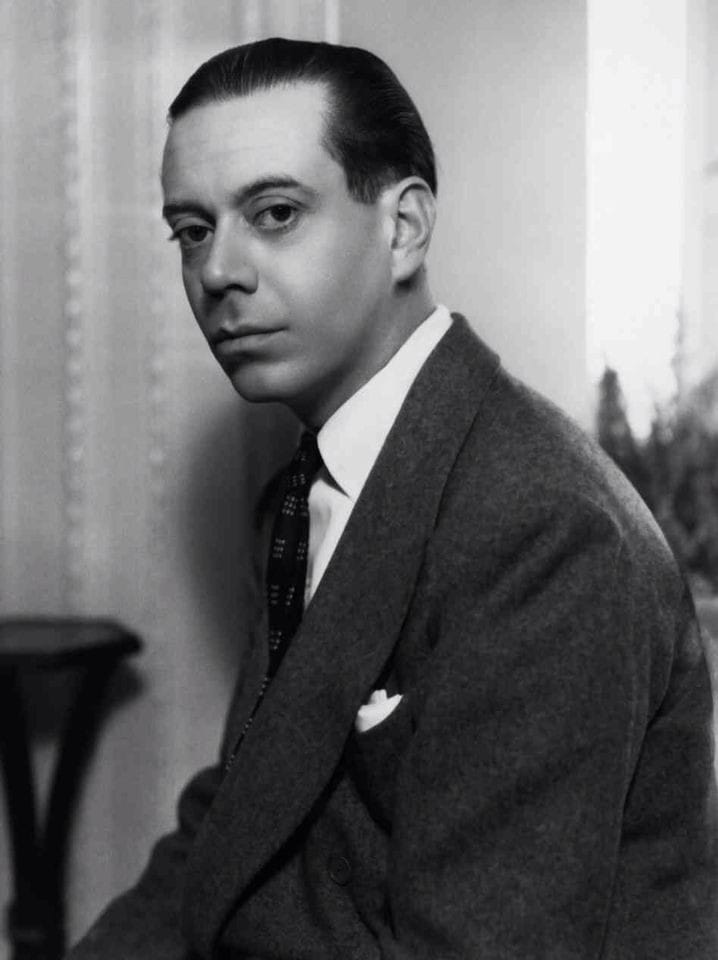
COLE PORTER
Can Cole Porter be the greatest songwriter in the Great American Songbook? It is a rhetorical question, big, presumptuous, almost offensive in light of the names that make up the pantheon of American popular song. His arguments: while many great composers created their hits in tandem with other musicians, Cole Porter wrote the lyrics and music for his works; he had a disconcerting genius for rhymes and meter; its complex, in some cases obsessive, melodies are immediately recognizable; He was capable of making even the most modest salaryman empathize with songs set in the decadent and unbridled luxury of his own life; In short, he was ahead of his time, ahead of any time.
BIRTH, YOUTH AND FIRST JOBS
Cole Porter was born on June 9, 1891 in Peru, Indiana. Thanks to a wealthy grandfather, James Omar Cole, Porter had a comfortable childhood, during which he studied violin and piano, the latter his favorite instrument, and practiced for two hours every day. At the age of 11, he wrote an operetta with the help of his influential mother, who falsified the child’s age, taking two years off, so that he would appear more precocious.
While a student at Yale University, Porter wrote pieces for student productions; During these years he totaled approximately 300 songs, some of which continue to be performed at University events. Because his conservative grandfather did not want him to have a career in music, Porter was sent to Harvard Law School. However, he soon switched to studying music, although Grandpa was told he was still a law student.
After one of his songs (“Esmeralda“) first appeared in a 1915 Broadway musical (“Hands Up“), Cole decided to go one step further and premiere his own show, “See America First” in 1916. but it was a complete failure.
He went to France the following year, in the midst of World War I, and probably joined the French Foreign Legion. What is certain is that he enjoyed a busy social life in the city of light in which there was no shortage of sexual relations of all kinds and drugs, in a chic and distinguished environment, that is. Despite his homosexuality, in 1919 he married Linda Lee Thomas, a rich divorcee from Kentucky, with whom he shared affinities, interests and confidences and they remained together until Linda’s death in 1954.
Porter’s life with Thomas included travels through Europe. The two established a home in Paris, and later rented the Palazzo Rezzonico in Venice, Italy, for a monthly fee that today would be equivalent to $60,000. Porter did not rely on music for income; In addition to his wife’s money, he received financial support from his family. However, he continued to create songs, and his numbers appeared in some London shows.
In 1923, in collaboration with Gerald Murphy, he composed a short ballet, originally titled “Landed” and later “Within The Quota“, which satirically depicts the adventures of an immigrant to America who becomes a movie star. This ballet was one of the first jazz-based symphonic compositions, anticipating George Gershwin’s “Rhapsody in Blue” by four months, and was well received by French and American critics after its premiere at the Theater des Champs-Elysées in October 1923.
THE FIRST GREATEST HITS
Porter created “Let’s Do It (Let’s Fall In Love)” for the musical “Paris” (1928). The song was a hit, and the beginning of a successful Broadway career that reached new heights in the 1930s. “The New Yorkers” (1930) gained instant notoriety for featuring a song about a prostitute, “Love for Sale.” The lyrics were considered too explicit for radio at the time, although as an instrumental it immediately became a standard. Porter often referred to “Love For Sale” as his favorite song. For “Gay Divorcee” (1932), starring Fred Astaire, Porter composed the wonderful “Night and Day.”
In 1934 Cole Porter wrote what many consider his most successful musical of this period, “Anything Goes“, with songs such as “I Get a Kick Out of You“, “All Through the Night“, “You’re the Top” and “Blow, Gabriel, Blow“, as well as the title song, which Frank Sinatra recorded in 1956 with arrangements by Nelson Riddle for the album “Songs For Swingin Lovers“
COLE PORTER ACCIDENT
In 1937, Cole Porter had a riding accident; His horse fell on him, crushing both his legs. The aftermath of his injuries would force Porter to endure more than 30 operations and years of pain. However, despite this, or as a coping mechanism, he continued to work, producing memorable songs such as “Friendship” (1939) and “You’d be so nice to come home to” (1942).
Some of the Broadway shows after Porter’s accident were successful, although not as memorable, such as “Something For The Boys” (1943). He had a great failure with “Around The World” (1946), directed by and starring Orson Welles. In “Kiss Me, Kate” (1948), adapted from William Shakespeare’s “The Taming of the Shrew,” Porter again had musical success, receiving a Tony Award for his work. Songs from the show include “I’ll Come To Wive It Wealthily In Padua” and “Too Darn Hot.”
LAST YEARS.
Porter’s wife died in 1954. Despite Cole’s years of extramarital homosexual affairs, she had been a source of friendship and support, and her death was a severe blow to Porter. He continued to work in Broadway shows and films, earning an Oscar nomination for “True Love,” written for “High Society” (1956), but also fell into excessive alcohol and painkillers.
In 1958, due to his accident, Porter had to have his right leg amputated. He stopped writing songs and retired from public life, telling his friends: “I’m only half a man now.” At age 73, he died in Santa Monica, California, on October 15, 1964.
Article written by Mahnuel Muñoz. https://www.facebook.com/mahnuelmunozoficial
If you want to visit more articles about the life of Frank Sinatra enter the following Sinatra Radio 24h link: https://sinatraradio24h.com/category/articles/
We remind you that you can also listen to Sinatra Radio 24 hours on your mobile phone by downloading our free applications for Android in the Play Store https://play.google.com/store/apps/details?id=sinatra.radio24h for iPhone in the Apple Store https://apps.apple.com/app/sinatra-radio-24h/id6599859344

